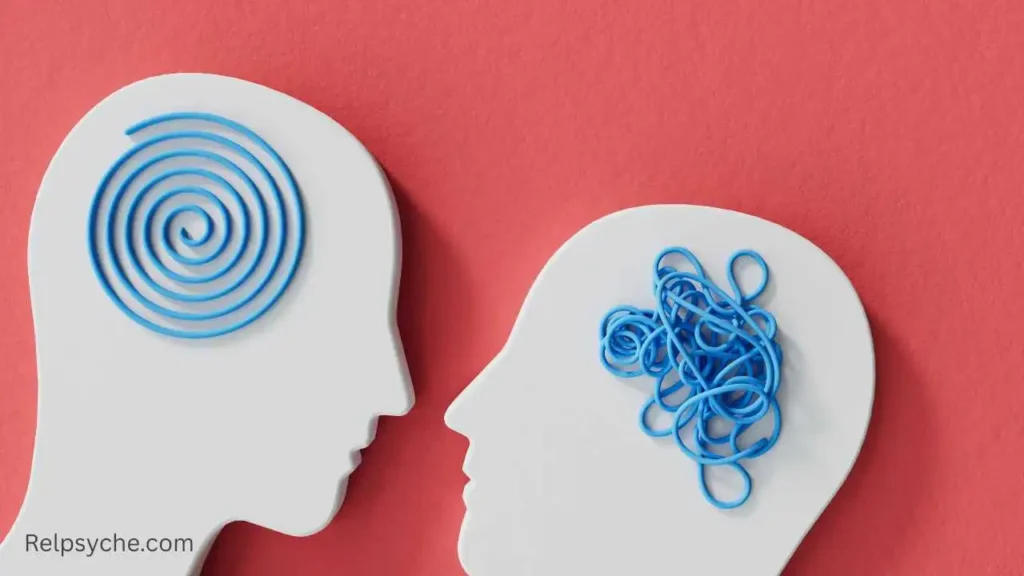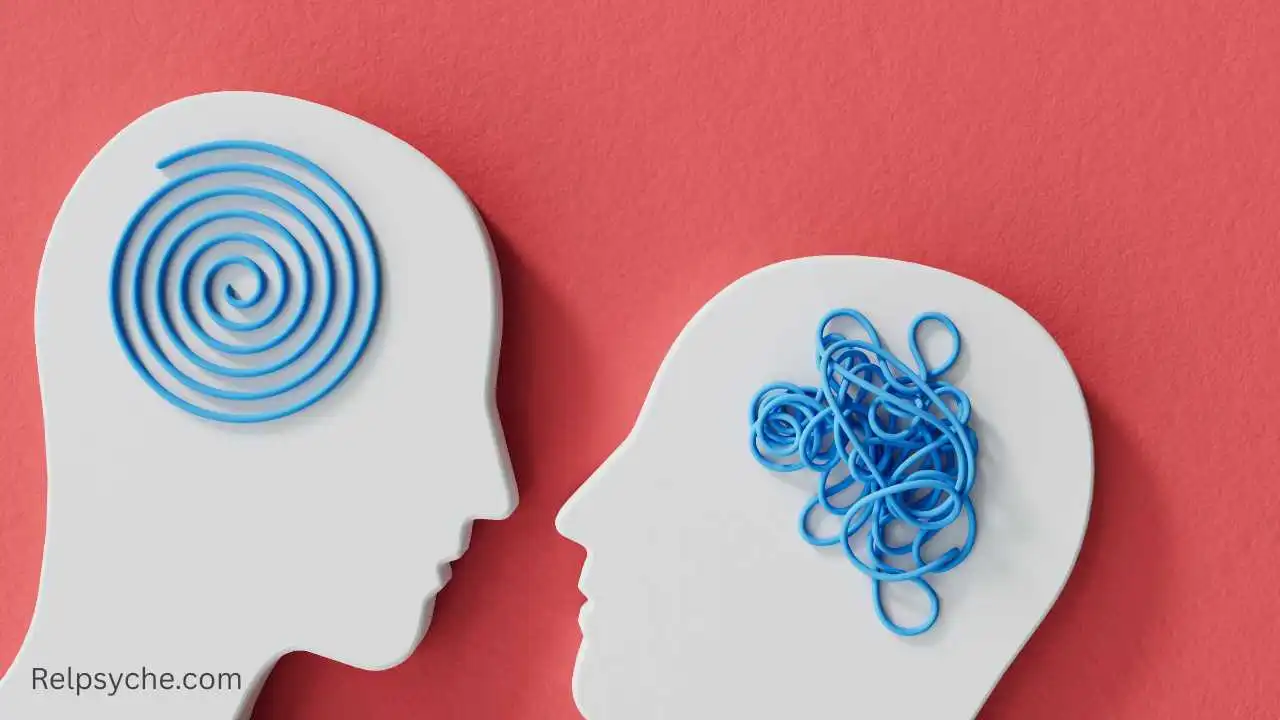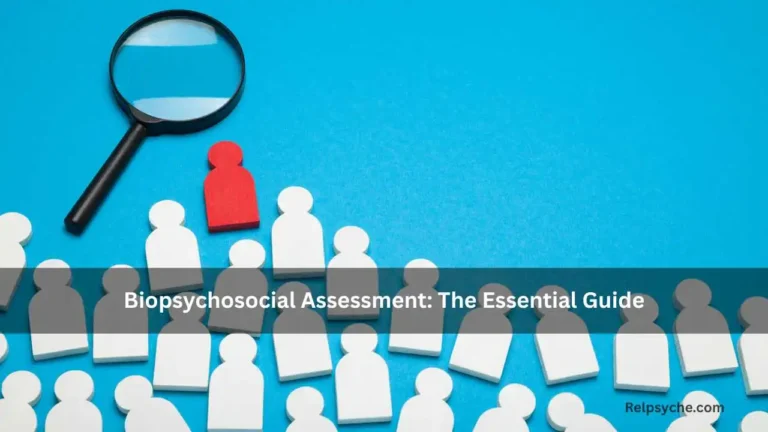Accommodation in Psychology: A Powerful Learning Tool
Accommodation in psychology is a powerful idea that helps us understand how people learn. It happens when someone changes their thoughts or beliefs to make sense of something new. Learning about accommodation in psychology can help students, parents, and teachers see how thinking grows over time.
Have you ever learned something new that didn’t match what you believed before? Maybe you thought all animals with four legs were dogs — until you saw a cow. When you learned the difference, your brain had to change what it thought. That’s called accommodation.
In psychology, accommodation is a word that explains how we change our thinking when we learn something new that doesn’t fit with what we already know. It’s a key idea from the famous psychologist Jean Piaget, who studied how children grow and learn.
This guide will help you understand.
Table of Contents
What Is Accommodation in Psychology?
Accommodation in psychology means changing your old ideas or mental patterns (called “schemas”) to make room for new information.
Schemas are like folders in your brain where you store what you know. When something doesn’t fit into an existing folder, you create a new one or change the old one. This process of changing the folder is called accommodation.
Jean Piaget’s Theory of Cognitive Development
The idea of accommodation comes from Jean Piaget, a Swiss psychologist. He believed children learn in stages. According to Piaget, we all use two key ways to learn:
- Assimilation – adding new information into something we already understand
- Accommodation – changing our understanding to match the new information
These two work together to help us grow smarter and more flexible in our thinking.
The Difference Between Assimilation and Accommodation
Let’s break it down with a simple chart:
| Feature | Assimilation | Accommodation |
|---|---|---|
| What it means | Adding new info into old knowledge | Changing old knowledge to fit new info |
| Schema | Stays the same | Changes or creates a new schema |
| Example | Thinking all animals with 4 legs are dogs | Learning that cows and dogs are different animals |
Real-Life Examples of Accommodation in Psychology
1. Child Learning About Animals
- Before: A toddler sees a dog and calls it “dog.”
- Then: The toddler sees a cow and also calls it “dog.”
- After: A parent says, “That’s a cow, not a dog.”
- Now: The child learns there are different animals with four legs.
→ This change in thinking is accommodation.
2. Learning Math
- A child first believes you can’t subtract a bigger number from a smaller one.
- Then they learn about negative numbers.
- Their brain changes the old math rule.
→ This is accommodation.
3. Changing Social Beliefs
- A teen believes “all popular kids are mean.”
- Then they become friends with a kind, popular student.
- They now understand that not all popular kids are the same.
→ Their idea changes — that’s accommodation.
Why Is Accommodation Important?
Accommodation is a key part of learning and growing. Here’s why:
- It helps you adjust to new situations
- It makes you open-minded
- It teaches you to think in new ways
- It shows you that it’s okay to change your mind
Without accommodation, we would be stuck thinking the same way, even when we’re wrong.
How Accommodation Works in the Brain
When you face new information:
- Your brain first tries to fit it into what it already knows (assimilation)
- If it doesn’t fit, your brain feels confused or unsure
- To fix that feeling, your brain changes the old idea or makes a new one
- Now the new idea makes sense, and your understanding grows
This process helps your brain stay flexible and smart.
Accommodation in Child Development
Accommodation is especially important in early childhood. As kids grow, they learn that not everything is as simple as it first seemed. For example:
- They learn that not all people are good or bad
- They realize that rules can be different in different places
- They figure out that feelings and actions can be complex
Each time they learn something new and update their thinking, they are using accommodation.
Can Adults Experience Accommodation?
Yes! Adults also experience accommodation throughout life.
For example:
- A person who believed in one way of doing things learns a better way
- Someone raised with one belief system may later change their views
- A person might think they’re bad at math, but with help and success, they change their self-image
In every case, the brain changes its pattern — this is accommodation in action.

Conclusion
In summary, accommodation in psychology helps explain how we grow smarter and more flexible. When we stop trying to fit new things into old ideas and instead change those ideas, we truly learn. Understanding accommodation in psychology can help us support healthy learning in children and stay open to new knowledge as adults.
Accommodation in psychology is the process of changing what we already know when we learn something new that doesn’t fit. It’s a powerful part of learning and growth, used by both children and adults.
Understanding accommodation helps us:
- Become better learners
- Stay open to change
- Adapt to the world around us
- Develop more accurate ideas about life
The next time something challenges your way of thinking, don’t panic. You might just be in the middle of accommodation — and that’s how real learning happens.
For personalized support on your journey to self-improvement, explore therapy options at psychologyorg.
If you want to read more articles similar to Social Media and Mental Health, What You Need to Know we recommend that you enter our psychology category.
FAQs
Q1: What is accommodation in psychology?
It’s when your brain changes old ideas to fit new information.
Q2: Who introduced the concept of accommodation?
Jean Piaget, a psychologist who studied how children learn.
Q3: How is accommodation different from assimilation?
Assimilation means adding new info to what you already know. Accommodation means changing what you know to fit new info.
Q4: Is accommodation only for kids?
No. Adults experience it too — whenever they learn or change their thinking.
Q5: Why is accommodation important in learning?
It helps you adjust and grow when your old ideas no longer work.

I’m Emma Johnson, a psychologist who loves to write and share ideas.
I enjoy making psychology simple so everyone can understand and use it in daily life.
If you’d like to talk, ask questions, or work together, feel free to reach out.
Let’s learn and grow in the world of psychology together!







